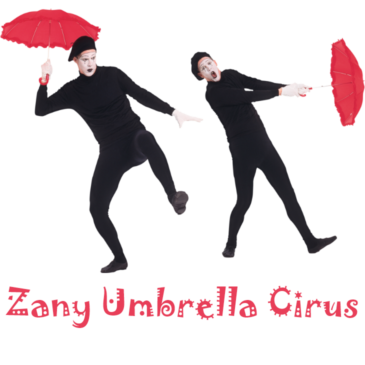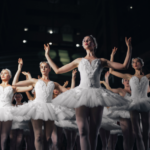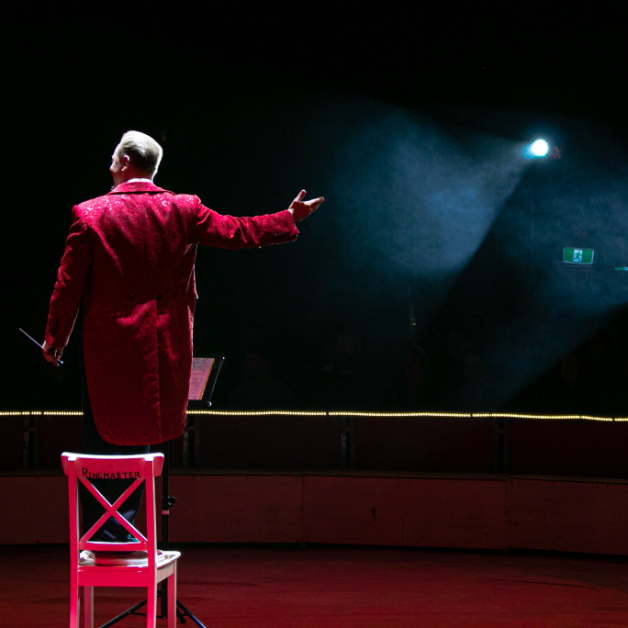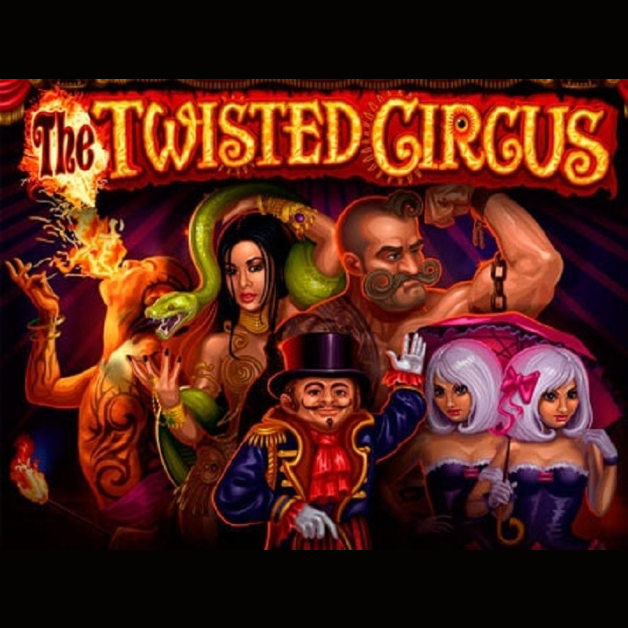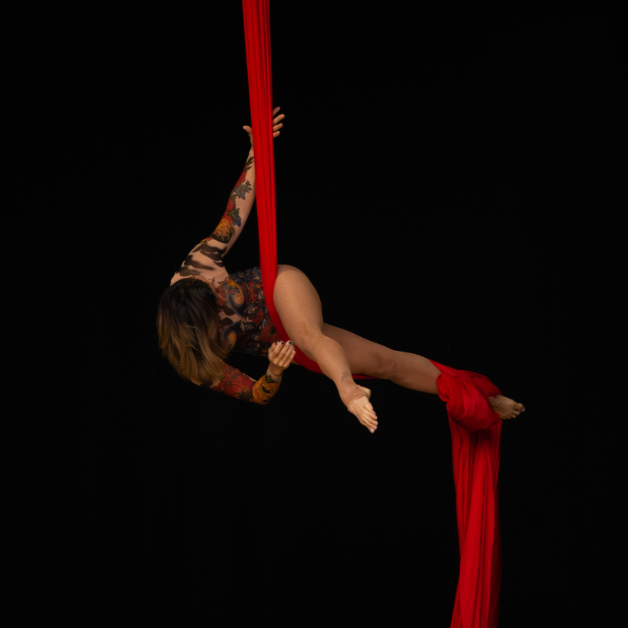An assignment at École Philippe Gaulier has gone horribly wrong. “You are the epitome of a terrible student,” the ageing teacher croaks. Gaulier’s student gawps at him, bewildered while his classmates gleefully laugh at his humiliation. It’s a fate that most people would want to avoid.
But here is the place to you need to be if you want to be learn to be funny.
I experienced periods of terrible agony there, recalls Phil Burgers, best known as the silent clown Doctor Brown. It’s really difficult.
But once you’ve endured the insults, something inside you snaps and you can start to learn.
What started in school for Burgers led to an Edinburgh comedy prize in 2012: his cult fame is the major reason why “Gaulier-trained” is now a catchphrase on many a comic’s promotion. Many comedians now have a Gaulier background, including double act Zach and Viggo, eccentric standup John-Luke Roberts, and sketch group Plague of Idiots.
Gaulier’s guru reputation, however, precedes his recent popularity: among his graduates are Emma Thompson, Simon McBurney, Helena Bonham Carter and Sacha Baron Cohen. Gaulier, who began as a student, then a colleague of Jacques Lecoq, has been running his own institution for 36 years, first in France, then in the United Kingdom, and now in Étampes, near Paris. He isn’t shy in extolling its benefits. We alter your life if you come for a year, he claims.
You can take one three-week course at a time and continue for up to two years if you learn a la carte.
The tuition is €2,300 a term, and there are no auditions.
Enrollment is first-come, first-served; students of various ages, but mostly young, come from a variety of nations, with British students somewhat outnumbering others.
Some are aspiring comedians, but Gaulier’s academy is more than just a clown school, let alone a place to learn standup comedy. “It’s a drama school,” he growls. “I despise stand-up comedy. I’d never teach something so despicable.”
Gaulier isn’t the monster folklore suggests. In one of his classes Gaulier distributes red noses. According to him, this iconic prop reveals what artists were like as children – and childlike playfulness is at the heart of his training.
It wouldn’t be unusual to see him perform a comic performance in which he explains how to introduce string into your and references to Sigmund Freud accompanied by euphoric groaning.
Following that may come an activity in which red-nosed students yell “boo!” at the audience. Gaulier then suggests a costume for each character based on their spirit. They may feel foolish when they come in on Monday with the costume but absurdity is advantageous to a clown. It’s useful for everything.
Feeling absurd is a part of being free.
This is the essence of Gaulier philosophy: excellent performers who are in touch with their own distinctive ridiculousness and enjoy celebrating it on stage.
He constantly exclaims, We’re doing the greatest work in the world. If you aren’t the happiest person on the planet to be on stage, don’t go on stage. A lot of the training is about being comfortable with an audience. It’s all about the fun of pretending. It teaches you basic things like standing motionless, looking at the audience, not taking yourself too seriously, and being content with failure.
Another practice requires pupils to sing along to songs in an unknown foreign language then continuing singing effectively after the music stops. It’s intrinsically ludicrous but Gaulier is on the look out for a peek into the psyche of the performer and their inner child.
He wants to cut through your nonsense to get to the best out of you and will not accept mediocrity.
He might suddenly ask you a direct question about yourself, and you’ll realize he’s been watching you the entire time.
In UK comedy circles, the teacher is dissatisfied with his cool cachet. He says he doesn’t teach anything trendy. Gaulier is a theatrical instructor. He had no idea he’d become a legend.
